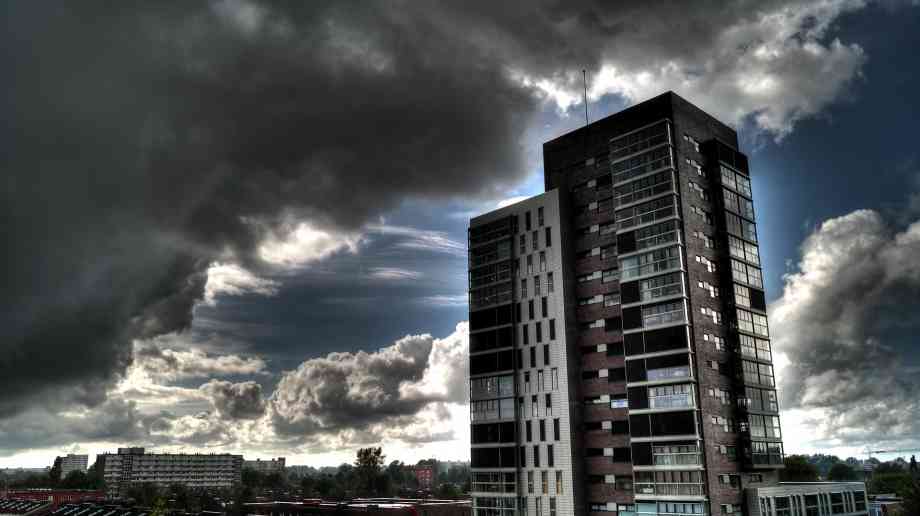Sue Robb of 4Children talks to Julie Laughton and Alison Britton from the Department for Education about the role of childminders in delivering the 30 hours free entitlement.
Combustible cladding system ban urged by MPs

The Housing, Communities and Local Government Committee has urged for an extension of combustible cladding ban and action to tackle conflicts of interest in construction industry.
In its report into building regulations and fire safety, the committee says that ‘urgent and wide-ranging action’ needs to be taken by the government to ensure the safety of people living in high-rise buildings, recommending extending a proposed ban on combustible cladding and changes to building regulations.
The committee is particularly concerned with how builders are able to appoint their own inspectors, who may have a commercial interest in not reporting bad practice to the local authority, and manufacturers choosing the most lenient testing bodies for their products.
Amongst its recommendations, the committee says that sprinklers should be fitted to all high-rise residential buildings, where feasible, to provide an extra layer of safety. The government should make funding available for installation in council and housing association-owned buildings. Furthermore, the report calls for ‘a robust system of oversight and meaningful sanctions, but underpinned by a strong, prescriptive approach’ and argues that the two should not be seen as mutually exclusive. Any reforms should be rolled out to the whole of the construction industry.
Clive Betts, chair of the committee, said: "We are now more than a year on from the catastrophic events at Grenfell Tower, yet despite an Independent Review of building regulations, we are still no closer to having a system that inspires confidence that residents can be safe and secure in their homes. We agree with the Independent Review that there is a need for a fundamental change of culture in the construction industry, but there are also measures that can and should be introduced now.
“A ban on dangerous cladding must be extended beyond new high-rise constructions, to existing residential buildings as well as other high-risk buildings. The current complicated web of building regulations is compromising safety and putting people at risk in their own homes. It desperately needs both simplifying and strengthening and the government must act now before more lives are lost."
Lord Porter, Local Government Association Chairman, said of the review: “The evidence from real fires in real tower blocks shows that using combustible materials on the external walls of high-rise buildings kills people. We continue to strongly urge the Government to ban the use of any combustible materials - including cladding panels, insulation and other materials - on the external walls of high-rise and high-risk buildings.
“It is wrong for anyone to argue that it might be more appropriate for the ban on combustible materials to focus on banning some combustible cladding panels while allowing the continued use of other combustible materials in cladding systems. Implementation of the recommendations from Dame Judith’s final report, and the culture change she seeks in the construction industry will take time. However building owners, the construction industry and regulators need about clarity now about what they can and cannot put on the side of the buildings. The safest and most unambiguous way of providing that clarity is to ban the use of combustible materials on the external walls of high-rise and high-risk buildings without delay.”
Company Focus
Just Lanyards is a subsidiary name of Gifts 2 Impress Limited, who have been trading for over 25 years, we therefore pride ourselves in having endless experience covering all aspects of the promotional merchandise industry.
Event Diary
UKREiiF has quickly become a must-attend in the industry calendar for Government departments and local authorities.
The multi-award-winning UK Construction Week (UKCW), is the UK’s biggest trade event for the built environment that connects the whole supply chain to be the catalyst for growth and positive change in the industry.
Supplier Profiles
Geo Energy
At GeoEnergy Design, we're on a mission to disrupt the traditional way heating and cooling ha
Latest Features
Professor Harith Alani, director of the Knowledge Management Institute at the Open University explains how AI can be used for good and bad.
Alex Lawrence, head of health & social care, techUK sets out techUK’s Five Point Plan for CareTech.

















